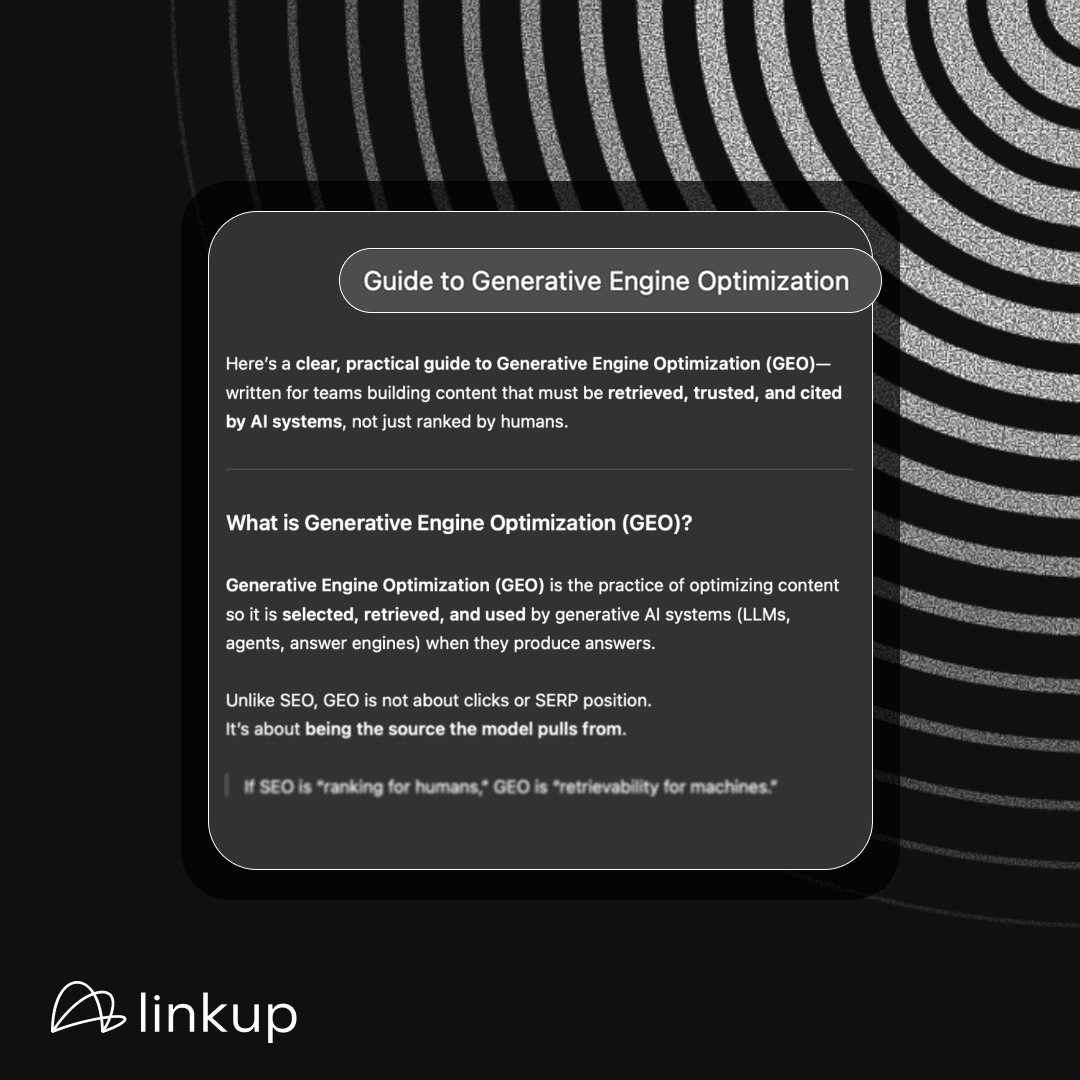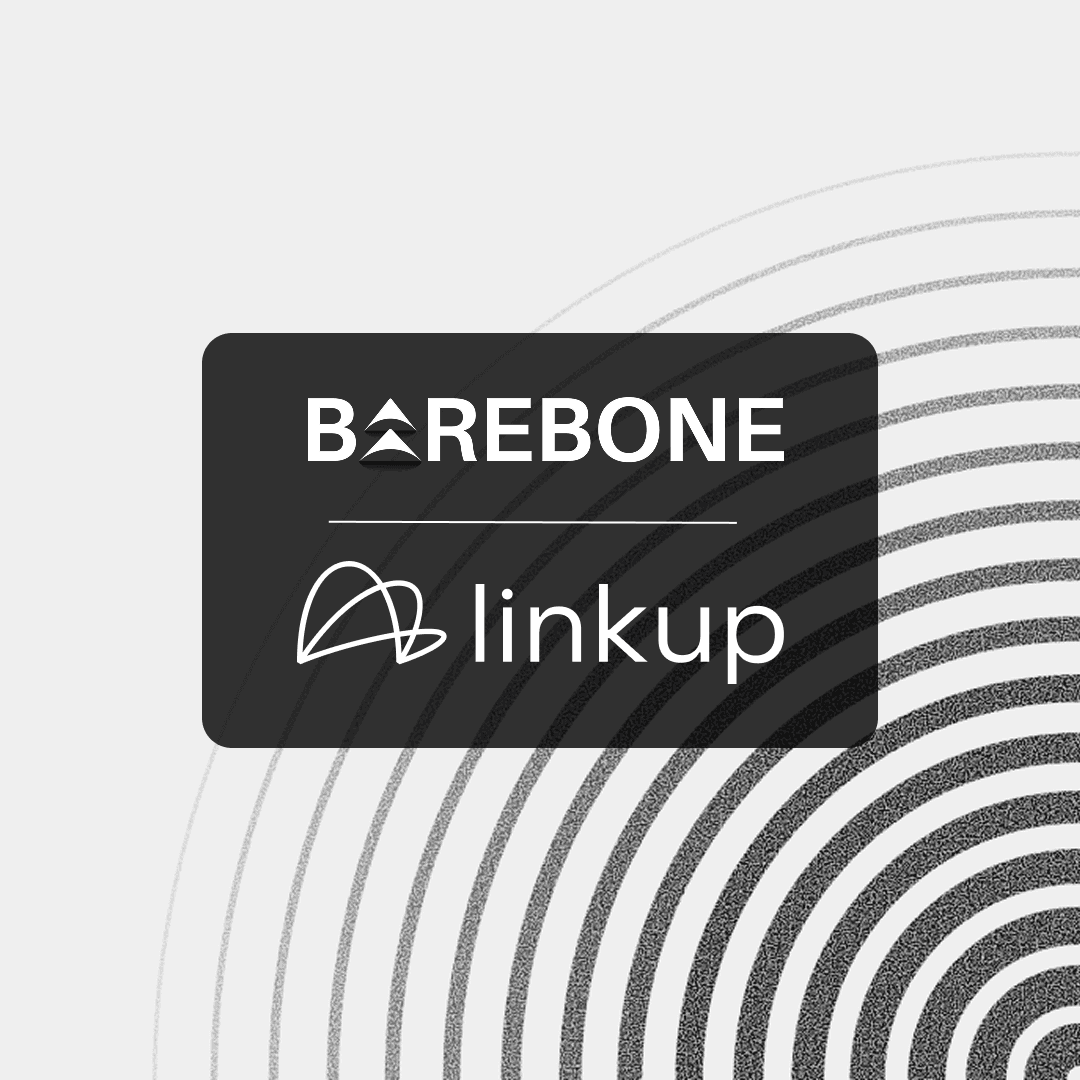Jul 31, 2025
Why Developers are Choosing the Linkup API Over Perplexity Sonar
A Comparison of Accuracy, Cost, and Why Sonar is Capped to Protect Perplexity's B2C Product

Nischay Parekh
ML Engineer
A Comparison of Accuracy, Cost, and Why Sonar is Capped to Protect Perplexity's B2C Product
In the race to build smarter AI applications, developers face a critical choice: how to connect their products to reliable, real-time information from the web. The quality of this connection directly impacts user trust, application performance, and the bottom line.
For a while, the options were fragmented. You could use a raw Serp API, which simply hands you a list of search results, leaving the difficult work of crawling and synthesizing to you. Or, you could try a custom AI scraper, a brittle solution that often breaks. This complex, multi-step process was not just inefficient; it was a maintenance nightmare. We wrote about our own journey solving this, consolidating what used to be six fragile calls into a single, reliable endpoint.
As a result, developers now have a choice of integrated "answer engines." A well-known option is Perplexity Sonar, Perplexity being popular as a consumer product. The core issue for developers boils down to this: Sonar's API performance appears throttled, a strategic choice to avoid creating competition for Perplexity's main business- a business with an ever-shifting focus between its app, browser, and now, as reported by TechCrunch, even a phone. For professional applications, this makes all the difference. An API needs to be designed from the ground up for the developers of the AI application layer, and the Linkup API embodies this approach.
This post provides a direct, evidence-based comparison using Perplexity’s own documentation to show why developers who prioritize accuracy, transparent costs, and architectural control are making the switch.
1. Accuracy First: The Foundation of a Trustworthy Application
Before we discuss speed or features, let's address the most important metric: getting the right answer. Speed is irrelevant if the information is incorrect, and a beautiful product is worthless if it presents falsehoods.
In a direct comparison using the SimpleQA benchmark, a well-regarded industry standard for evaluating single-fact question-answering capabilities, the results are clear: the Linkup API achieved 91.0% F-Score on SimpleQA, achieving a State-Of-The-Art performance compared to Sonar with 77.3% and Sonar Pro with 85.8% respectively.
This isn't just about passing a test; it reflects a fundamental difference in philosophy. Linkup is engineered for factuality and citation. Our goal is to provide answers that are not only correct but also verifiable. For a detailed breakdown of the benchmark methodology and results, see our full analysis: Linkup Establishes SOTA Performance on SimpleQA.
For any application where trust is a feature - from enterprise knowledge bases to customer-facing AI agents - this verifiable accuracy is non-negotiable.
2. Pricing: Simplicity & Predictability vs. Complexity & Confusion
Your API costs should not be a puzzle. For any application planning to scale, predictable expenses are essential for forecasting and growth. Here, the difference between Linkup and Perplexity is night and day.
Linkup offers simple, transparent, per-query pricing.
As seen in our plans, the cost is straightforward:
Standard Search: €5 per 1,000 queries.
Deep Search: €50 per 1,000 queries.
That's it. The price is known before you make the call. It's simple to calculate, easy to budget, and designed for scale.
Perplexity's pricing is a multi-variable calculation.
To figure out the cost of a single Perplexity query, you need a calculator. Their model is a combination of a base fee plus fees for usage, broken down into multiple components:
A Per-Request Fee: You're charged a base fee for every 1,000 API calls, which changes depending on the "search context size" you choose.
PLUS Input & Output Token Fees: On top of the request fee, you pay for every token in your question and every token in the model's answer.
The formula for a basic Sonar query is:
TotalCost = RequestFee + InputTokenCost*nbInputToken + OutputTokenCost*nbOutputToken
A Real-World Cost Simulation
To illustrate the real-world impact of this complexity, we ran a cost simulation. We analyzed a large, representative sample of real-world queries our API processes daily and calculated what they would cost using Perplexity's pricing structure.
The key finding was the extreme variability in answer length. The number of answer_tokens can range from just four to over 340,000, with a standard deviation greater than the mean. This is the root of the cost unpredictability.
When we calculated the average Cost Per 1,000 Queries (CPM) based on this real-world data, the results were striking.
Service Tier | Average Cost Per 1,000 Queries (CPM) | Predictable? |
Linkup Standard Search | €5.00 (~$5.72) | ✅ Yes (Fixed Rate) |
Perplexity Sonar (Low Context) | €8.25 (~$9.44) | ❌ No (Variable) |
Perplexity Sonar (Medium Context) | €10.87 (~$12.44) | ❌ No (Variable) |
Perplexity Sonar (High Context) | €14.37 (~$16.44) | ❌ No (Variable) |
Linkup Deep Search | €50.00 (~$57.20) | ✅ Yes (Fixed Rate) |
Perplexity Sonar Pro (Low Context) | €61.63 (~$70.52) | ❌ No (Variable) |
Perplexity Sonar Pro (Medium Context) | €65.12 (~$74.51) | ❌ No (Variable) |
Perplexity Sonar Pro (High Context) | €68.63 (~$78.52) | ❌ No (Variable) |
(USD to EUR conversion at July 31st rates)
The takeaway is clear: Linkup is not only simpler but demonstrably more cost-effective. Perplexity's cheapest option is, on average, nearly 65% more expensive than Linkup's standard search. For more advanced queries, Linkup's Deep Search offers a predictable flat rate that is significantly more affordable than the variable cost of Sonar Pro.
3. Architecture: A Purpose-Built Search API vs. a Repurposed Chat API
The difference in pricing philosophy is a direct result of a deeper difference in architecture.
Linkup provides a dedicated /search endpoint.
Our API is purpose-built for information retrieval. The most powerful evidence of this is the outputType parameter. A developer can explicitly tell our API what they need:
outputType: "search_results": Get a blazing-fast, clean JSON object containing only the curated sources and snippets.
outputType: "answer": Get a generated, natural-language answer based on the search results.
outputType: "structured": Get a custom JSON object that conforms to a schema you provide.
This gives developers total control over the response, allowing them to build faster, more efficient, and more creative applications.
Perplexity uses a generic /chat/completions endpoint.
Perplexity’s API is fundamentally a chat endpoint modeled after the OpenAI API. Its primary function is to generate conversational text.
The critical issue is that the response always contains a fully generated message. This creates a massive inefficiency: even if you only need the list of sources, the API still performs a full LLM generation. This architectural flaw has a direct cost, as you are forced to pay Output Token fees for a generated answer you may not even use. Furthermore, this makes it unusable in any serious RAG pipeline where you want to control which LLM you use for generation, with what setting. Beyond that, you simply cannot stack two layers of AI generation without seeing significant performance degradation.
4. The Strategic Difference: An API-First Partner
Ultimately, the choice comes down to the provider's core focus. Perplexity is a fantastic consumer-facing product, but their main priority is their own application. Their API, while available, is a secondary business. In addition, its performance is tuned down by design, to block the development of any competing consumer product.
Linkup is an API-first company. Our entire business revolves around providing developers with the best possible infrastructure for accessing information. Our roadmap, engineering, and support are all singularly focused on making you, the developer, successful. When you build with Linkup, you're not just using a tool; you're gaining a partner.
At-a-Glance Comparison: Linkup vs. Perplexity Sonar
Feature | Linkup API | Perplexity Sonar API |
Accuracy (SimpleQA) | ✅ State-of-the-Art | ❌Lower Ranking |
Pricing Model | ✅ Simple & Predictable | ❌ Complex & Variable |
Average Cost | ✅ Lower & Fixed | ❌Higher & Unpredictable |
Architectural Control | ✅ Choose Your Output | ❌ Forced Answer Generation |
Core Focus | ✅ API-First Product | ❌Consumer Product with an API |
Conclusion: The Clear Choice for Professional Developers
While Perplexity Sonar is a capable tool, the Linkup API is the superior choice for developers building serious, scalable applications.
Linkup is demonstrably more accurate, offers transparent and significantly more affordable pricing, and features a smarter, more flexible architecture that gives you full control while saving you money. For developers who demand performance, reliability, and cost-efficiency, the choice is clear.
Given its European presence, Linkup remains the best alternative to Perplexity for European companies, whether Enterprise or startup.




